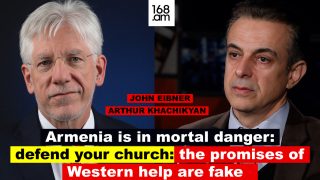Armenia in its own shaped trap: How to control Russia-Azerbaijan forthcoming arms deals?
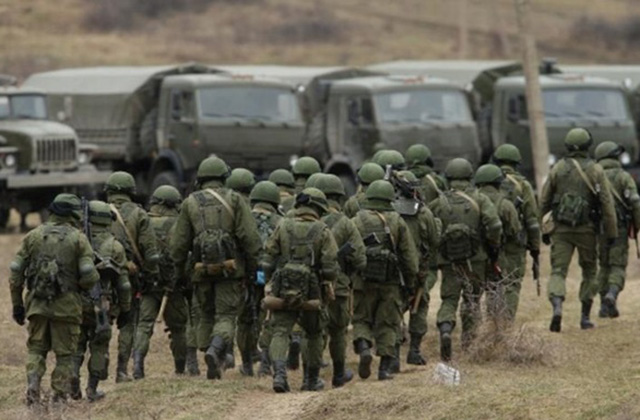
Yet not having overcome implications of the April four-day war, Yerevan and Baku have to again involve in the arms race instigated by Moscow. Basically, the April war became another reason that the parties to the conflict started to get more intensively armed and currently that process is in its most active stage.
Azerbaijani president Ilham Aliyev stated during the World Economic Forum in Davos that Baku is holding negotiations with Moscow on supply of new armaments as it’s interested in the latest defense systems. “Yes, we are negotiating for new purchases. You know better how the Russian military industry is developed. We are interested mainly in the most contemporary defensive weapons, new designs. This applies both helicopters and defense systems, the entire complex,” he said. Parallel to this, Armenia received new armaments from Russia after the April war, then developed Armenia-Russia joint troops, within which modernization of Gyumri’s 102nd military base is in process.
Like right after the tragic April developments Serzh Sargsyan, president of Armenia, within his official visit to Germany stated that Armenia’s possibilities to influence on the process are limited. “Indeed, Russia is our strategic ally and we are in the same security system. It’s natural, that we are sorry, when Russia, and not only Russia, but members of that organization, sell armaments to Azerbaijan,” president Sargsyan said.
Stepan Grigoryan, head of the Centre for Globalization and Regional Cooperation, told “168 Hours” he wonders when Armenian president Serzh Sargsyan complains of armaments selling, as due to that very policy the level of regions militarization, Russia’s military presence in the Caucasus, in particular, in Armenia, is strengthening and enlarging, which leads to militarization of the conflict zone. According to the analyst the guilt of policy pursued by Azerbaijani authorities is found as well: Azerbaijan intends to settle NK conflict through force, for which it purchases armaments from Pakistan, Israel, Russia, and other countries.
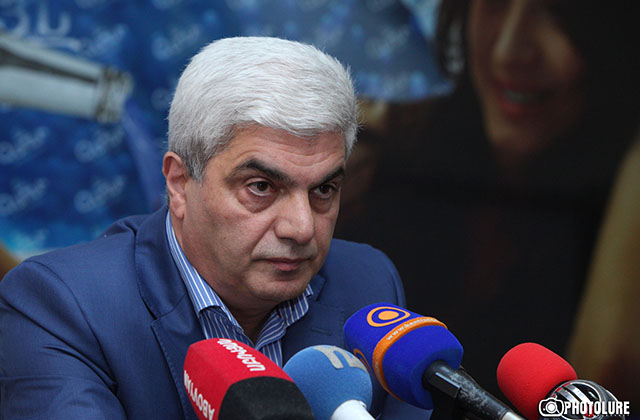
“If the Armenian side complains of the policy pursued by Moscow, first and foremost, it should observe its own policy. What is Armenia doing? Armenia is signing any document on military cooperation brought by Russia, I mean united air-defense system, Armenia-Russia joint troops.
That is to say, contribution of Armenia’s authorities is observed here as well. On the other hand, Azerbaijan’s contribution may be found. Azerbaijani authorities intend to settle NK issue through force, they buy armaments, it leads to the support of the Russian side, and that side supports partially, and all this process leads to militarization of the region. Russia, as an OSCE MG Co-Chair and mediator, militarizes the conflict zone by selling armaments to both Armenia and Azerbaijan.
The USA and the EU member countries have official decisions on not selling armaments to Armenia and Azerbaijan, as they have unsettled conflict, as compared to this position, Russia is selling armaments,” Stepan Grigoryan said.
He considers it’s difficult to control this process, as Russia and Azerbaijan are sovereign countries, capable of signing agreements without third parties in the military field as well. However, according to him, there are mechanisms of restraint.
“One of them is CSTO, members of which are Armenia and Russia. Members of such alliance assume responsibilities towards each other, pursuant which if any of the member countries is in danger, is assumes support of others. However, here the contrary process is observed— Russia is selling armaments to Azerbaijan instead of supporting us. One of the mechanisms in this platform is raising issues and proposing requirements. CSTO should think over neutralization of threats to Armenia. The point is, despite the result, we should repeatedly raise this issue.
The next mechanism is OSCE, within which there is a contract of controlling ordinary armaments. It’s clear that Azerbaijan is being intensively armed, thus, they violate agreements within those circles, through this mechanism Armenia may also raise an issue.
During another summit an issue should be raised or discontent should be expressed through CSTO Secretary General on selling armaments to Azerbaijan. Or if Azerbaijani president appeared with such a statement, the Armenian side should raise the issue through CSTO why Russia plans to sell armaments, whether that reflection corresponds to reality, i.e. we have the toolset, our positions are weak, as we don’t raise these issues, we don’t point at mistakes,” Stepan Grigoryan said.
Russian political analyst Alexey Malashenko considers justified the discontent among the Armenian society and authorities. However, according to him, Russia didn’t assume any responsibility on not selling armaments to any country, in particular, when armaments supply to the conflicting parties on the conflict zone is the essence of Russian policy, especially, when Russia is gaining serious money in this field.
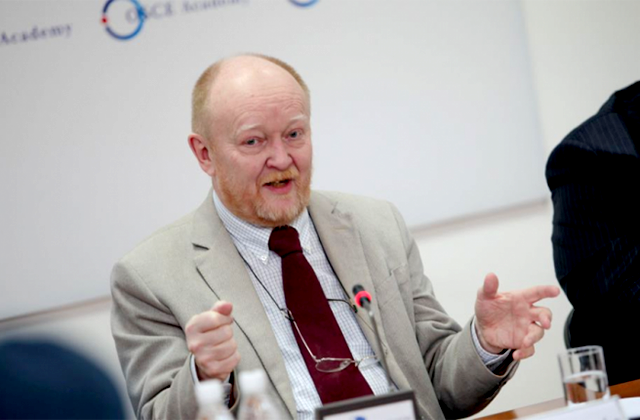
“Russia has consistently provided armaments to the parties to the conflict, by that attempting not to give predominance to any side, at the same time hinting, that victory of any side isn’t beneficial for it. In this case Russia is led by its national interests, which is keeping Russian presence in the South Caucasus, and why not, its strengthening. I repeat, I understand the discontent both in Armenia and Azerbaijan. In case of conflicting countries it’s natural, however, it won’t change anything in Russian policy,” he said.
He considers to neutralize implications of that policy, Russia attempts to strengthen security of the Republic of Armenia, as CSTO is responsible for that security. “We edified developments after the April war—Caucasian united air defense system, Armenia-Russia joint troops, powerful armaments to Armenia with preferential conditions, as the April war uncovered certain vulnerability among the Armenian side. This will be taken into consideration, however, principles of Russian policy won’t considerably change. I don’t see anything unusual in it. As Russian authorities claim, if armaments aren’t sold by Russia, it’ll be implemented by another country,” Alexey Malashenko said.
According to Russian military analyst Pavel Felgenhauer as usual, relations with both Armenia and Azerbaijan are important for Russia, as it needs not separate countries, but the South Caucasus as a whole. According to Felgenhauer Moscow equally assesses possibility for maneuvering both of Armenia and Azerbaijan, denying Western projects, it joined all Russian initiatives, and Russia is capable to mitigate Armenia’s discontent in other fields with some concessions. Thus, he considers, living a difficult period Moscow should attempt to strengthen its influence in the zones, where it’s available, and where that influence is weak or vulnerable.
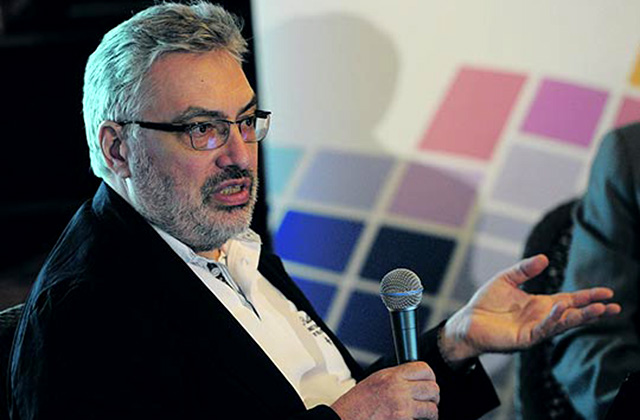
“Currently Azerbaijan is a rather crucial state for Russia, towards attracting which it’s undertaking some steps, this should be comprehensible, as well as the point that currently it’s impossible to change the state of affairs,” Felgenhauer said.
By Araks Martirosyan








